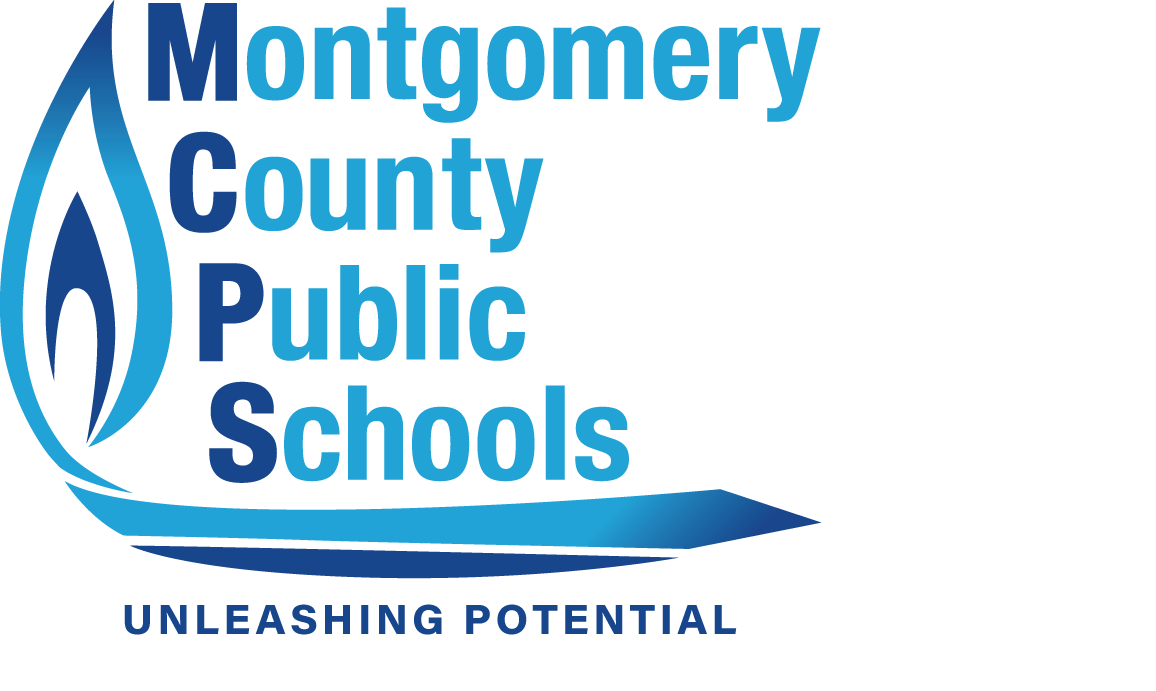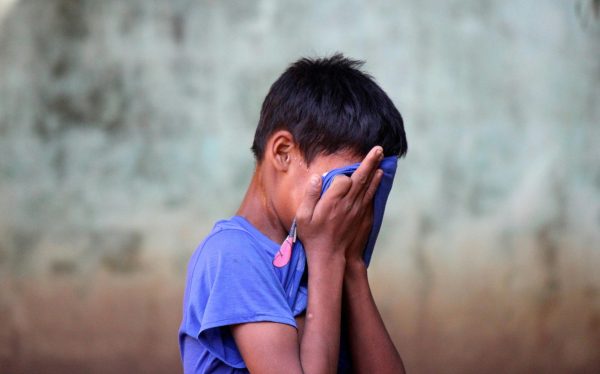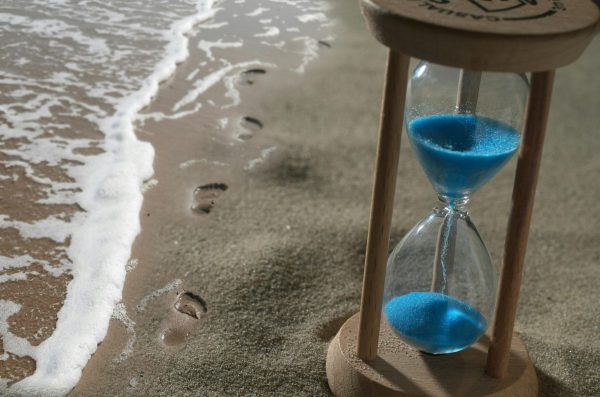India Makes History
For the 2016 U.S. presidential election, both Democrats and Republicans are contemplating who will be their nominees. For the Democrats, it’s pretty much set in stone that Hillary Clinton will be their presidential candidate. The Republicans, on the other hand, have no clue who will win the primary. Some say Rand Paul, while others say Ted Cruz. Even Jeb Bush is being considered. 2016 will be an interesting election year indeed; however, 2016 is still two years away.
While the right and the left are bickering over 2016, a major election is going on in the present that the U.S. should be following. India, the country with the world’s second-largest population, is having the largest election the world has ever seen with approximately 814 million voters participating. The outcome of the election could possibly affect global relations.
The outgoing Prime Minister, Manmohan Singh, has not been very vocal about any of the candidates, even a candidate within his party. PM Singh is a member of the Indian National Congress Party and has been the incumbent since 2004. He has generally been a popular leader, however, he has received very little media attention about the elections.
This election is really a competition between and Rahul Gandhi, vice-president of the governing Indian National Congress Party (INC) and Narendra Modi, prime ministerial candidate for the main opposition Bharatiya Janata Party (BJP). However, Arvind Kejriwal, the leader of the Aam Aadmi party, has slowly crept into the public eye.
First, let’s look at Rahul Gandhi. He is part of the Nehru-Gandhi family, a family who has dominated Indian politics for decades. He is the Vice president of the Indian National Congress Party, the ruling party and a party with which the Indian people have become very frustrated recently. The INC is dealing with a slowing economy, high inflation, and a number of crippling scandals.
Rahul Gandhi, however, hasn’t had too many issues gaining support. There isn’t much not to like about him. He’s young, charismatic, and comes from a famous family of patriots. He seems like the perfect candidate. Gandhi has long been seen as a prime-minister-in-waiting but still, the INC has not named him their prime-ministerial candidate.
He’s a very likeable person, no doubt, but his leadership capabilities are questionable. A 2014 BBC profile on him stated that “critics have often described him as the reluctant prince who has been the de facto number two for a long time, wielding the power, but shying away from responsibility.” Also, his inability to stir up votes in last year’s vital state elections raised questions of his leadership potential as well. Perhaps Mr. Gandhi isn’t ready to lead India just yet.
His main opponent, Narendra Modi of the BJP, is up for the challenge. Modi has been chief minister of the North-Western Indian state of Gujarat for 13 years. He is seen as an effective leader and is credited for making his state an economic powerhouse. Unlike Mr. Gandhi, however, Modi is immersed in scandal. He is accused of doing nothing to prevent the religious riots of 2002 in which over 1,000 people were killed, most of whom were Muslims. He has consistently denied these accusations, but they will definitely be brought up when talking about his character.
The election could possibly have an effect on regional events. If Modi, who has been somewhat demonized by the Muslim population, wins, it may cause some hostilities between neighboring Pakistan if he is the victor. Gandhi’s leadership deficiencies could harm diplomatic relations between the two nations as well if he wins.
The outcome is unsure, but this election is proving to be as interesting as it is historic. The largest show of democracy in the world, choosing between a scandalous and self-made man and a charismatic but slightly inexperienced famous name. With only a few more weeks of voting, we shall know who will lead India in the years to come.














































